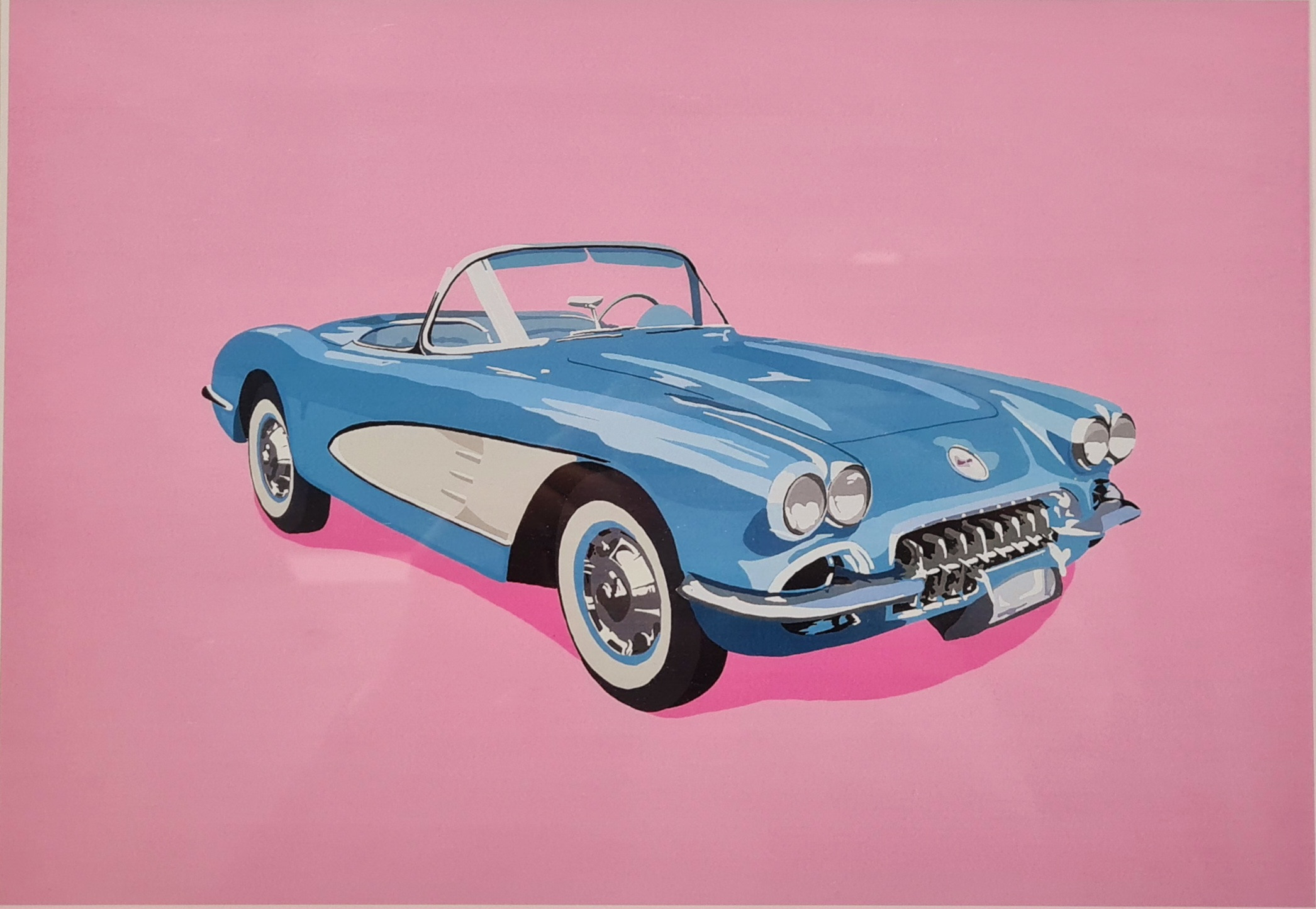
What happens when something that is left in a will is no longer available at the time of the will-maker’s death?
An example is the will-maker’s car that is left to the son but has been sold prior to the will-maker’s death. The property has been ‘adeemed’. The gift to the beneficiary fails. The beneficiary will not receive the cash equivalent of the gift.
Ademption can result in unfair outcomes not intended by the will-maker.
It is important to think carefully when drawing a will and including gifts to specific beneficiaries. A gift of a share of the residue of the estate may be a more sensible solution.
There are exceptions to the rule:
- Is the description of the property specific or general? For example, a gift of a percentage of a house property no longer in a will-maker’s possession at the time of their death has been held to be a general gift as an amount of money and the beneficiary still benefitted;
- The beneficiary will still receive the gift if it has changed in name and form only. An example is where money has been moved from one bank account to another;
- The beneficiary may still benefit if the intended gift has been disposed of by a fraudulent third part or by an attorney appointed in a Power of Attorney.
Resolution of whether a gift has been adeemed can be an expensive exercise both financially and emotionally and is best avoided by a carefully and considered will.
